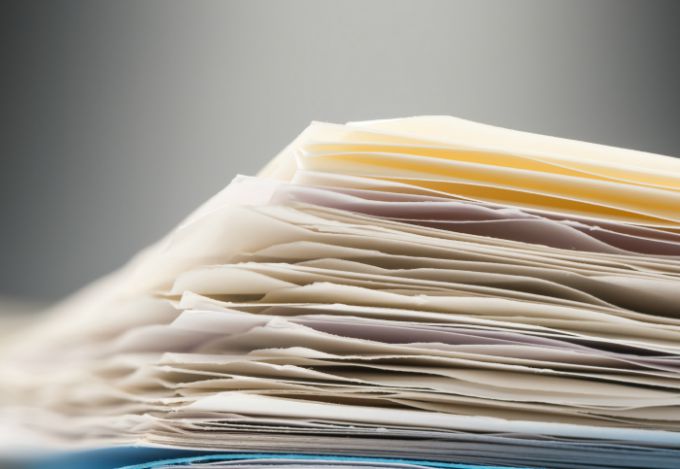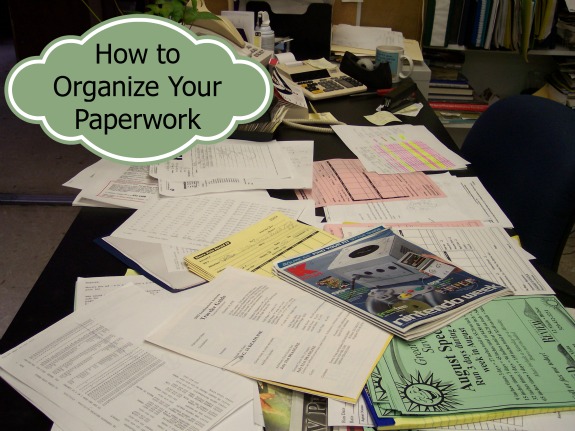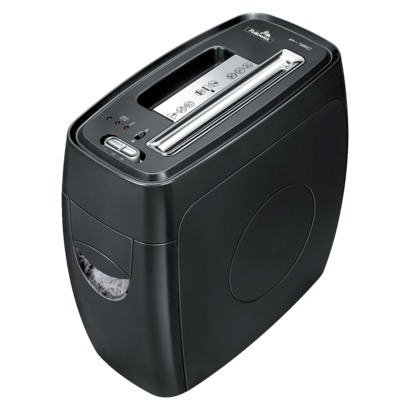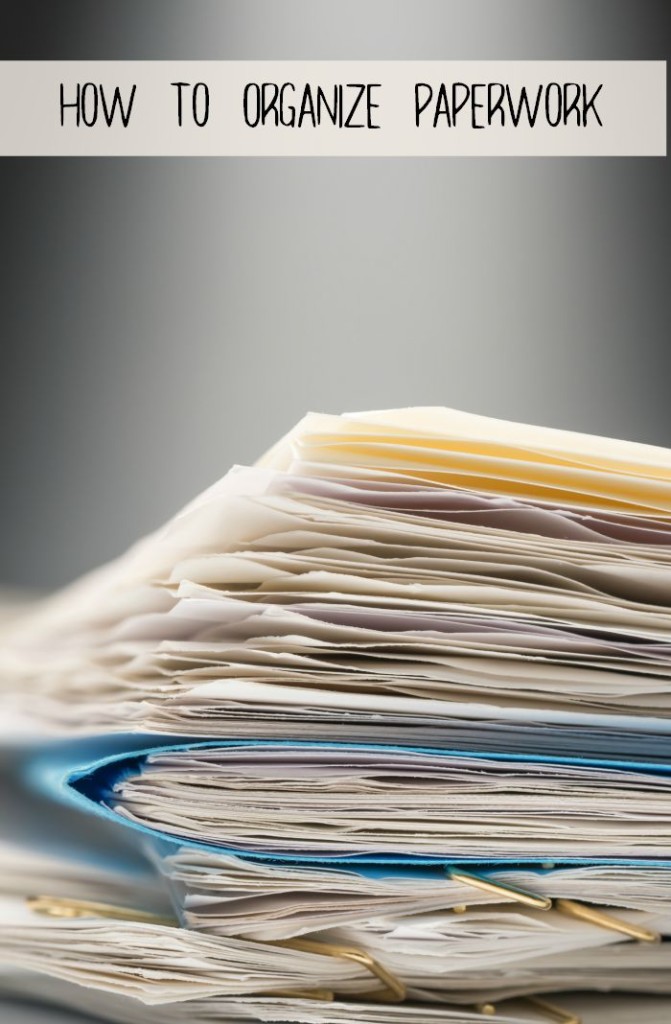How to Organize Paperwork was inspired by Fellowes. Samples may have been provided to facilitate this article. May include affiliate links.
One of the biggest clutter magnets is my desk, workspace, and home office. There’s all these little pieces of paper that are hanging around, and I don’t know why. Do I need to keep them? Can I toss them out? Oh, wait…maybe that’s a receipt I need for a deduction or a reimbursement at work. I’ll set it to the side and decide on it later. And later never seems to come around, does it?
I realized I needed to learn how to organize paperwork.
I realize that it seems like the easiest way to organize paperwork is to toss it. Unfortunately, we need to keep some of our paperwork for a while.
So, how long do I need to keep my paperwork stuff anyway?
It’s recommended that you keep some paperwork for a certain amount of time, generally three years. What’s included on this list?
- Appliance manuals, warranties, and service contracts
- Bank Statements
- Receipts from your bills
- Credit Card info, like your rates and statements
- Education Records
- Health records
- Insurance information, including health, auto, life, and property policies
- Income tax papers
- Your household inventory. You know, the list of all the stuff that’s in your house, in case of catastrophe. I don’t have one of these, so I suppose I should add that to my list, huh?
- Loan statements & payment books
- Password List
- Receipts for items that are under warranty
- Safe Deposit Box inventory & key
- Tax Receipts
- Employment records
What Do I Not Need to Keep
Now we’re talking! We’re organizing paperwork and tossing out what we don’t need! Basically, you can and should get rid of anything from the list above that’s older than 3 years. You’ll probably want to keep your education & insurance records, appliance manuals for as long as you own the appliance, health records, and loan payment books. You’ll also want to keep your household and safe deposit box inventory lists.
You can also get rid of anything you don’t really need, like receipts for random stuff. Does anyone care that you bought TP and a pack of gum? Not really. Once you’ve reconciled your budget, get rid of that receipt. You can also get rid of your cancelled checks for things that aren’t tax deductible.
You can also get rid of your old pay stubs once you’ve reconciled the info with your W-2.
If you’ve replaced your appliances, get rid of the dead manuals. Since you don’t need them any longer, why keep them?
How Do I Get Rid of My Paperwork Stuff?
For stuff that you don’t need to keep secure, you can just throw it away. However, there’s lots of stuff that you don’t want trashdiggers to be able to get. It’s like they know when you’re going to organize paperwork, and they’re actively looking for things they can use. For these items, you’re better off to run the documents through a shredder.
What do I Look For in a Shredder
For a shredder, there’s a few things that you really want. I would dare to say that they’re also things that you need.
Cross Cut Blades. This takes your paper and cuts it into hundreds of pieces. It doesn’t just shred it into long, skinny spaghetti strips. This gives an extra layer of security.
Safety features that stop the machine when it senses fingers. No one wants an injury, right?
Compact size. You don’t want one that’s too small, but no one wants an industrial sized shredder in their home office, either.
A powerful motor. Nothing is worse than being in the middle of shredding your old paperwork, and having your shredder die. Well, there’s worse things, but this sucks pretty good.
A powerful motor also allows your shredder to shred multiple sheets at once and things like credit cards.
What shredder has all of these features, and more? The Fellowes M-12C shredder can handle all of this, and then some. Even better, it’s under $100. You can get the shredder at wholesale clubs, Amazon, Target, and similar stores.
It appears that the Fellowes M-12C is no longer available. Here are a few other quality shredder option that are under $100
12 Sheet High Security Micro Cutter ($100) – This won’t just help you organize paperwork. It will shred CDs, junk mail, credit cards, and anything else. It chops them into tiny pieces, so you won’t be able to put them back together, either.
6 Sheet Cross Cut Shredder ($30) – This one will help you organize paperwork. It’s not a workhorse, but is adequate for a small home office. Plus, it’s super budget friendly, at just under $30.




